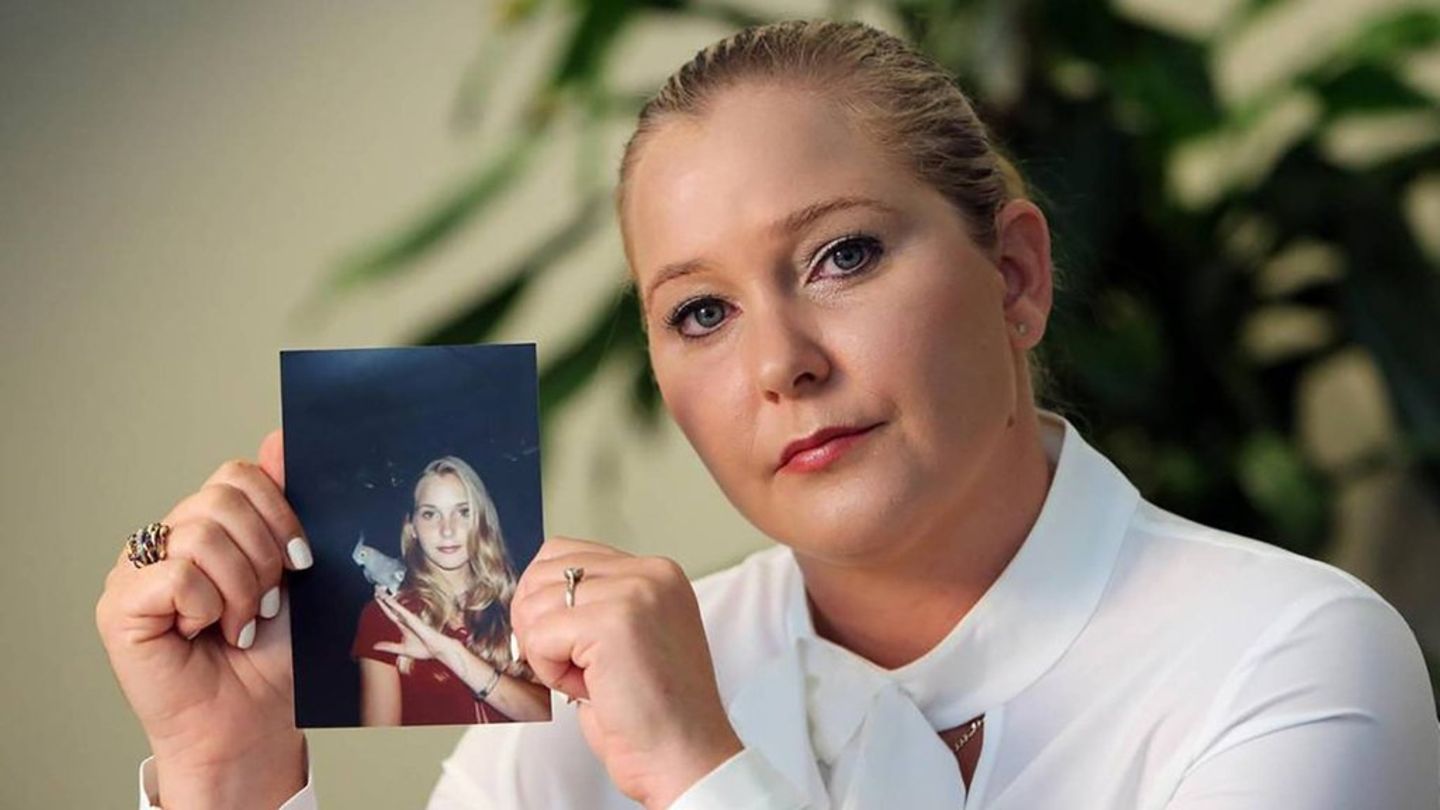The document that changed German society and the lives of many people from Turkey has only two sides. A look back at 1961 brings back beautiful and sad memories.
In the opinion of Federal President Frank-Walter Steinmeier, the achievements and experiences of the so-called guest worker generation should receive greater recognition in the future.
These stories, which are characterized by optimism, courage and perseverance, should be given “an appropriate place in our school books and in our culture of remembrance,” he said on Tuesday in Berlin at a ceremony to mark the 60th anniversary of the agreement that once brought labor migration from Turkey to Germany had been organized. “Take the seat that you deserve,” urged the Federal President to the visitors to the festive event.
German society was prepared far too late to change its view of the people who were originally only seen as temporary immigrants, many of whom then stayed permanently, said Steinmeier. “Because of that, a lot of things got left lying around, and I think that because they stayed where they were, a lot of problems arose in the first place,” said Steinmeier.
Recognition, respect for one another and curiosity about a different culture on both sides are necessary to overcome reservations or even fears
to overcome. He added: “The willingness to leave narrow-minded nationalism and cultural arrogance behind, to approach others, to engage with one another, to learn from one another, is the best prerequisite for peaceful coexistence and for a better future.”
On October 30, 1961, Germany had signed a labor recruitment agreement with Turkey, just as it had with Italy, Greece and Spain. Originally none of the workers recruited from Turkey was supposed to stay longer than two years. Therefore, at the beginning there was no way to bring the family with you. The migrant workers, who were called “guest workers” at the time, often slept in shared rooms, and many of them sent a large part of their wages to their families in Turkey.
Due to pressure from the economy, which did not want to replace their semi-skilled workers with newcomers every two years, the rotation principle was later abandoned and family reunification permitted.
The organizers of the ceremony also include the Turkish Community in Germany (TGD), which also celebrated its 25th birthday on Tuesday with a delay due to the pandemic. The umbrella organization was founded in 1995 – also as a reaction to racist riots and attacks such as in Mölln and Solingen. TGD officials from the first few years recalled the association’s commitment to dual citizenship.
Another focus of the member associations to this day are measures to improve the educational opportunities of the children and grandchildren of immigrants from Turkey. The TGD chairman Gökay Sofuoglu cannot resist a swipe at the ceremony. “We thank the neighbors of Ugur Sahin explicitly,” he says. The Biontech boss Sahin is the son of «guest workers». At first he had not received a recommendation for high school in elementary school. He was only able to attend the school he wanted after an intervention by a neighbor. He graduated as the best in his year.
Much has been written about how the people who came from Turkey and their descendants changed Germany. About overwhelmed primary school teachers who did not know how language promotion works, but suddenly had many children in their classes who only spoke Turkish. And about what it is like when Mr Yildirim is not invited to an interview or to a flat inspection and asks himself whether he might have had better chances as Mr Schmitz.
But even in many of the villages from which the «guest workers» emigrated, the consequences of the changes that the recruitment agreement triggered are still visible today. The material rise of the emigrants can be seen there in stone and concrete – even if the builders of these houses often spend a large part of their time with children and grandchildren in Germany.
Long-time Turkey correspondent Frank Nordhausen writes in his upcoming book “111 Reasons to Love Turkey”: “Villages full of nicely renovated, cleanly plastered and always freshly painted houses with Formica windows from Germany, solar panels and satellite dishes on the roof. These towns are like dolls’ houses. They are only brought to life in summer, and in winter a few old men keep watch to prevent looting. But the children and grandchildren come to Turkey less and less and prefer to go on a beach holiday on the Aegean when they arrive. “
David William is a talented author who has made a name for himself in the world of writing. He is a professional author who writes on a wide range of topics, from general interest to opinion news. David is currently working as a writer at 24 hours worlds where he brings his unique perspective and in-depth research to his articles, making them both informative and engaging.




